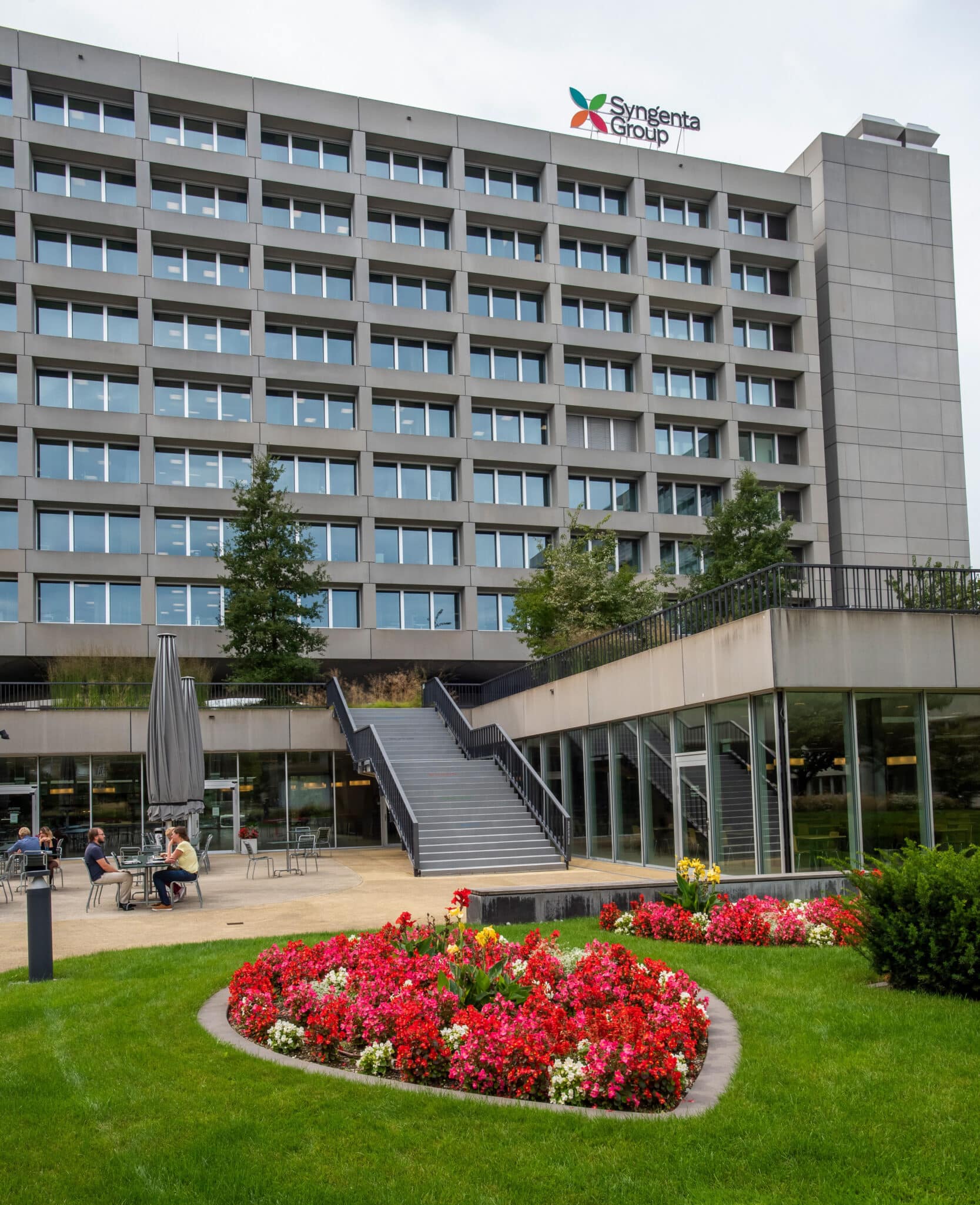Key Takeaways
- Syngenta ramps up production and R&D of biological solutions amid rising global demand
- Strategic acquisitions and facility expansion strengthen company’s biologicals leadership
- New South Carolina facility adds 16,000 tons of annual biostimulant production capacity
- Integration of Novartis’ strains and Intrinsyx Bio accelerates product development pipeline
- Biologicals expected to generate multiple products with over USD 100 million in annual sales
Syngenta Expands Global Footprint in Biological Crop Solutions
Syngenta (Profile) is intensifying its efforts to deliver nature-inspired, science-backed biological solutions as demand for sustainable, high-performance tools continues to grow among farmers. The company announced a series of advancements, including new acquisitions, expanded R&D capabilities, and enhanced manufacturing infrastructure, reinforcing its leadership position in the global biologicals sector.
“With our recent partnerships and acquisitions and extended manufacturing capacities, Syngenta is positioning itself as the leader in biologicals,” said Jonathan Brown, Global Head Biologicals & Seedcare. “Our scientific expertise is at the forefront of our research and development efforts to provide farmers with the next generation of biologicals, helping them transition towards more sustainable farming practices, such as regenerative agriculture.”
Strategic Acquisitions to Advance Innovation
Syngenta’s biologicals strategy has been bolstered by key acquisitions aimed at accelerating innovation. In December 2024, the company acquired Intrinsyx Bio, a California-based startup focused on nutrient-use efficiency (NUE) products. In early 2025, Syngenta completed the integration of Novartis’ Strains and Natural Products Collection, a vast library of genetic strains and natural compounds for agricultural applications.
These assets are expected to significantly speed up the development of novel biologicals, complementing conventional crop protection and supporting sustainable farming objectives outlined in Syngenta’s Sustainability Priorities.
Syngenta Manufacturing Expansion to Meet Growing Market Demand
In 2025, Syngenta inaugurated a new 22,000 m² biologicals production facility in Orangeburg, South Carolina, designed to manufacture up to 16,000 tons of biostimulants annually. This site joins Syngenta’s existing network of facilities in Brazil, Italy, India, and Norway, enabling the company to scale production in line with its growing pipeline of biological products.
R&D efforts are anchored in Syngenta’s global centers of excellence located in Stein (Switzerland), Jealott’s Hill (UK), and Atessa (Italy). Several biological candidates in development are projected to reach annual sales exceeding USD 100 million, reflecting strong commercial momentum.
Biologicals Gaining Traction as Sustainable Farming Tools
The biologicals market—growing at a 10% CAGR and expected to reach USD 20 billion by 2030—is increasingly recognized as a cornerstone of modern agriculture. Syngenta Biologicals reported robust Q1 2025 results, particularly in North America and China, underscoring the rising global interest in sustainable crop inputs.
Biologicals encompass three main product categories:
- Biocontrols: Natural agents to manage pests, diseases, and weeds
- Biostimulants: Inputs that enhance plant processes and stress tolerance
- Nutrient Use Efficiency (NUE): Solutions to improve nutrient uptake and utilization



6 Comments